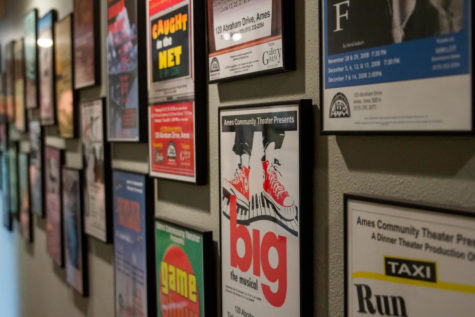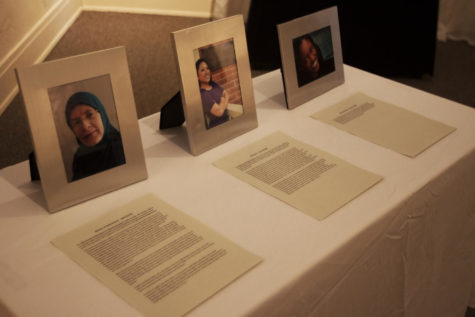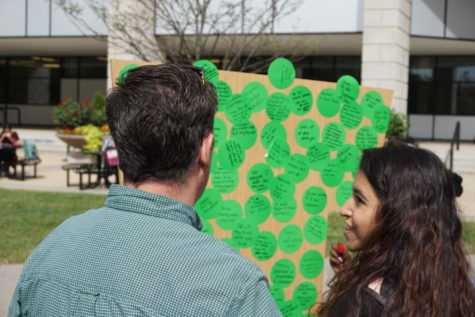The importance of stepping in
By Makayla Tendall [email protected]
Bystander intervention
November 24, 2015
In a report done in 2013 by The White House Task Force to Protect Students from Sexual Assault, the chilling statistic was released that one in five college students will experience sexual assault during their college career.
Among those assaulted, 95 percent will not report their assault. This begs the question, why?
Anthony Greiter, a police officer for the ISU Police, stated that this could be due to many reasons, but one big reason concerning this issue is the rate at which onlookers are so readily available to blame the victim.
“We live in a society that is pretty good at blaming the victim for what happened to them,” Greiter said. “We don’t blame victims of theft, we don’t blame victims of car crashes, but for some reason we blame the victims of sexual assault.”
Sexual assaults, whether on campus, at a party, or influenced by alcohol or not, are something that should never happen. In the case that it does, however, students can take an initiative within the community and campus to help prevent the assault.
Bystander intervention, a solution that sounds easy, in certain circumstances may be a solution that feels intangible.
Greiter, in of one the many presentations that he gives here on campus, proposed four steps a bystander can take to help prevent a sexual assault.
“A bystander is obviously someone that witnesses something, right? Whether they do something about it or not, they are there. They have to notice the event; they have to realize it’s a problem. And this is where it gets tricky, they have to feel responsible for doing something about it,” Greiter said. “Once they feel responsible for acting, that’s when they can do something.”
Lorraine Acker, director of the Margaret Sloss Women’s Center and doctoral candidate in the College of Education, advocates for bystander intervention.
Acker noted that the most important thing a bystander can do is take notice of the situation and comment. Think of the scenario as if you were to see someone in your family in that situation, how you would respond? Think of the bystander in that regard, she said.
Acker proposed to respond in a beneficial way by always saying something about what you saw.
Both ISU Police and the Sloss house work with students to educate them on sexual assault, rape and violence, along with letting them know that they are also here to act as a resource.
“We are always here,” Greiter said. “If you need us, call us. Say something.”
Students should always make use of the blue emergency phones on campus, their own cell phones and friends to help ward themselves and others from dangerous situations.

















